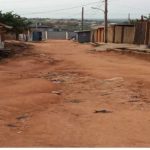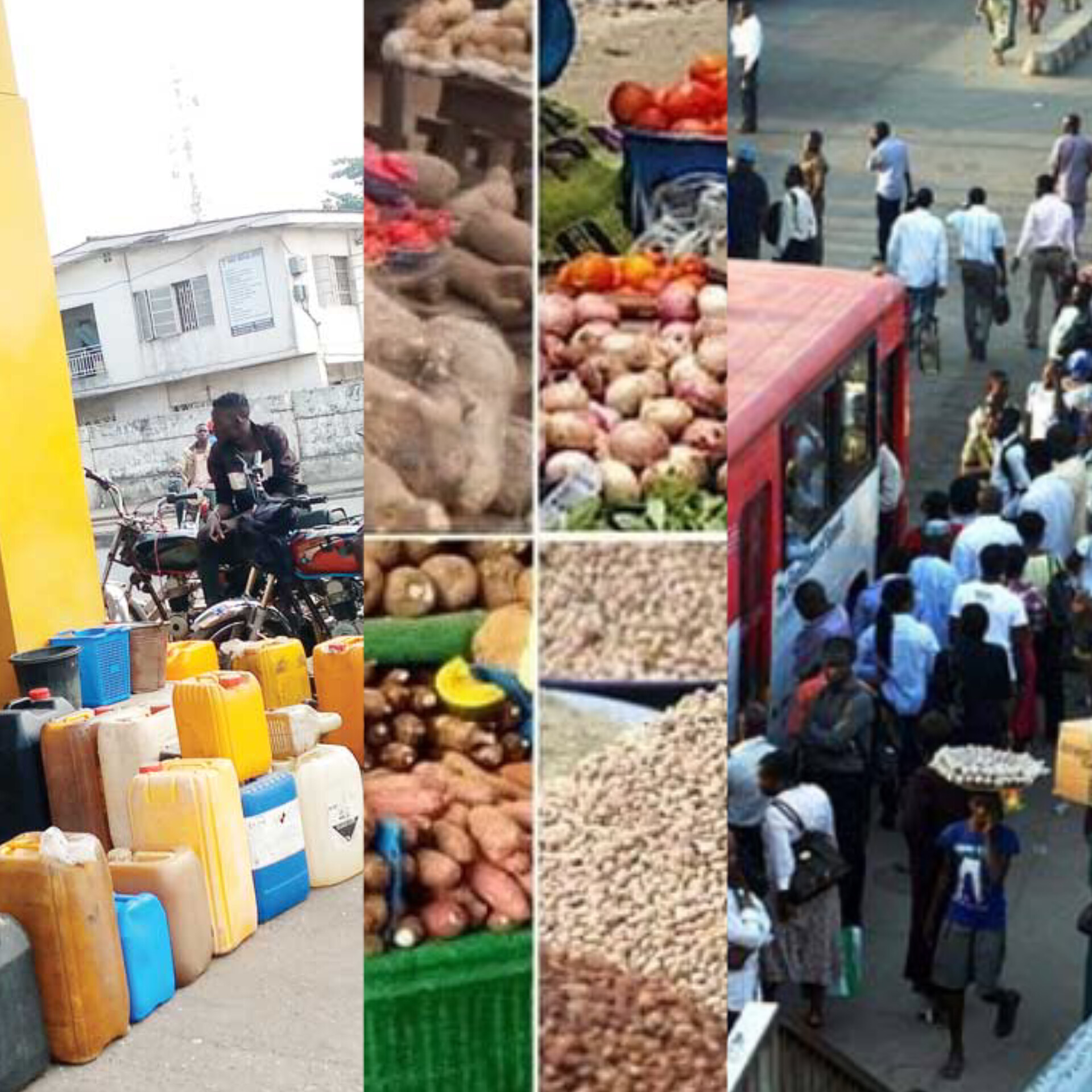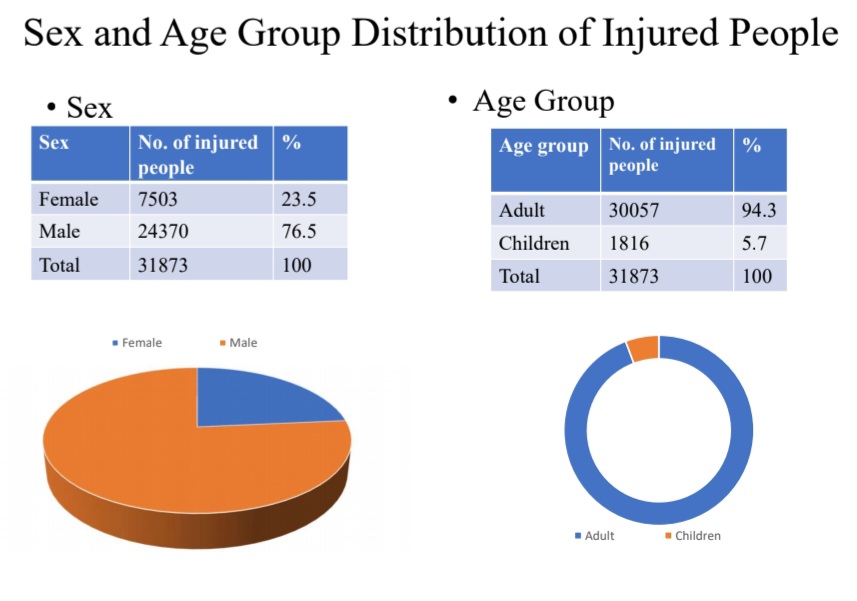Miracle Akubuo
In the bustling town of Offa, Kwara state, where dreams and aspirations intertwine, a student of federal polytechnic Offa, Joyce Agwo’s journey towards education has nearly hit a roadblock.
Amidst the vibrant energy of the campus, a cloud of frustration looms over her as she grapples with the burdensome costs of transportation and feeding.
Joyce’s struggle mirrors the larger crisis that has unfolded since the removal of subsidies, a decision that has sent ripples of hardship through the students and residents community.
“Since the subsidy was removed, I haven’t been able to attend classes frequently. The transportation fare from my house to school, which used to be 100 or at most 120 naira, has now skyrocketed to 300 naira for a one-way trip, or 600 naira for a round trip. In order to survive, I have to skip classes and only attend three times a week. Even the ones I manage to attend are difficult because I often miss out on two lectures due to overcrowded buses with many students, making it a struggle to reach school. It has been a nightmare for me”, She lamented
The vital lectures missed due to overpopulated buses only serve to exacerbate the already challenging situation. Each trip becomes an arduous journey through crowded vehicles, as students scramble to secure their place amidst the chaos, all while juggling the weight of their academic aspirations.
The need for attention to the rising costs of transportation and feeding is evident, as it is not only individual dreams that hang in the balance but also the collective progress of a generation hungry for knowledge and a brighter future.
Fuel Scarcity Grips Nigeria: President Tinubu’s Inauguration Triggers Price Hikes and Economic Turmoil
In the wake of President Bola Ahmed Tinubu’s inauguration as the 16th president of Nigeria on May 29th, a consequential series of events has unfolded, leaving the nation grappling with fuel scarcity and skyrocketing prices.
Notably, the withdrawal of fuel subsidies without the implementation of alternative measures has led to the closure of numerous petrol stations, while the ones still operating face interminable queues and frustrated customers.
The ripple effects of this predicament have reverberated across the entire country, casting a particularly burdensome impact on various segments of society, including students and traders.
As petrol stations continue to struggle to meet the overwhelming demand, individuals from all walks of life find themselves entangled in the arduous task of procuring fuel, often enduring hours-long waits and uncertainty. This dire situation has engendered significant disruptions in the daily lives of students striving to attend their educational institutions and traders endeavoring to sustain their businesses.
The consequences of the fuel scarcity and subsequent price hikes are not only limited to inconveniences but also extend to broader economic implications.
The rising costs of transportation and essential commodities have triggered an inflationary spiral, further straining the already burdened population. As citizens navigate the challenging terrain of increased living expenses, urgent interventions and solutions are eagerly awaited to alleviate their plight and restore stability to the nation’s fuel supply and pricing mechanisms.
Offa Residents: Aftermath of Fuel Subsidy, Transportation Cost Concerns
Joseph Egwatu, a businessman in Offa, expressed his concerns regarding the escalating expenses related to transportation and food.
“I find the transportation situation unbearable. The fare from my home in Ijagbo to my shop in Owode has doubled compared to what I used to spend.
“The cost of food has considerably risen throughout the country. There are occasions when, despite spending a substantial amount on transportation, I struggle to attract customers, resulting in poor business outcomes.
Just the other day, on Monday, I wanted to buy a Coke to drink, and I noticed that the price had increased from 120 to 150 naira. When I inquired about the reason from the vendor, she explained that the transportation costs involved in obtaining the product had risen. The removal of fuel subsidies has had a significant impact on us, and it is crucial that some action be taken to address this situation.” He bemoaned
Mr. Owolabi Aminu, a commercial driver specializing in transporting goods rather than passengers in Offa, shared his perspective on how the surge in fuel prices has made conducting business challenging.
He finds himself working longer hours while earning less, as customers are unwilling to accommodate the increased transportation fees.
“The cost of fuel is not the sole issue; the scarcity of fuel is also a major concern. I have to wake up early to find a filling station that has fuel, so I can purchase it and continue my work.
“Moreover, customers are reluctant to pay more to cover the rising fuel prices. In order to stay productive, I transport goods, but at the end of the day, my profit margin is very narrow. Sometimes, there is no work at all, and I return home empty-handed. These are extremely challenging times, and the burden has become overwhelming.”
Moreso, a cloth seller, Blessing Favour, speaking to the Harbinger expressed the difficulties she faces in transporting goods from Lagos to Kwara, where she conducts her business.
She highlighted that drivers do not consider any factors when determining transportation prices.
“Nowadays, I spend 10,000 naira on transportation from Lagos to Kwara, whereas it used to be 6,000 naira before the removal of subsidies.
“The drivers are unwilling to negotiate, as they argue that the increased fuel costs justify higher transportation fees. After visiting the market, my profits are greatly diminished. Once I deduct the transportation expenses from the market to my residence, I have already spent 90 percent of my earnings, resulting in significant losses.
“I am contemplating discontinuing the purchase of goods until the situation improves, as transportation costs are eroding my profits and rendering my endeavors unprofitable.”












